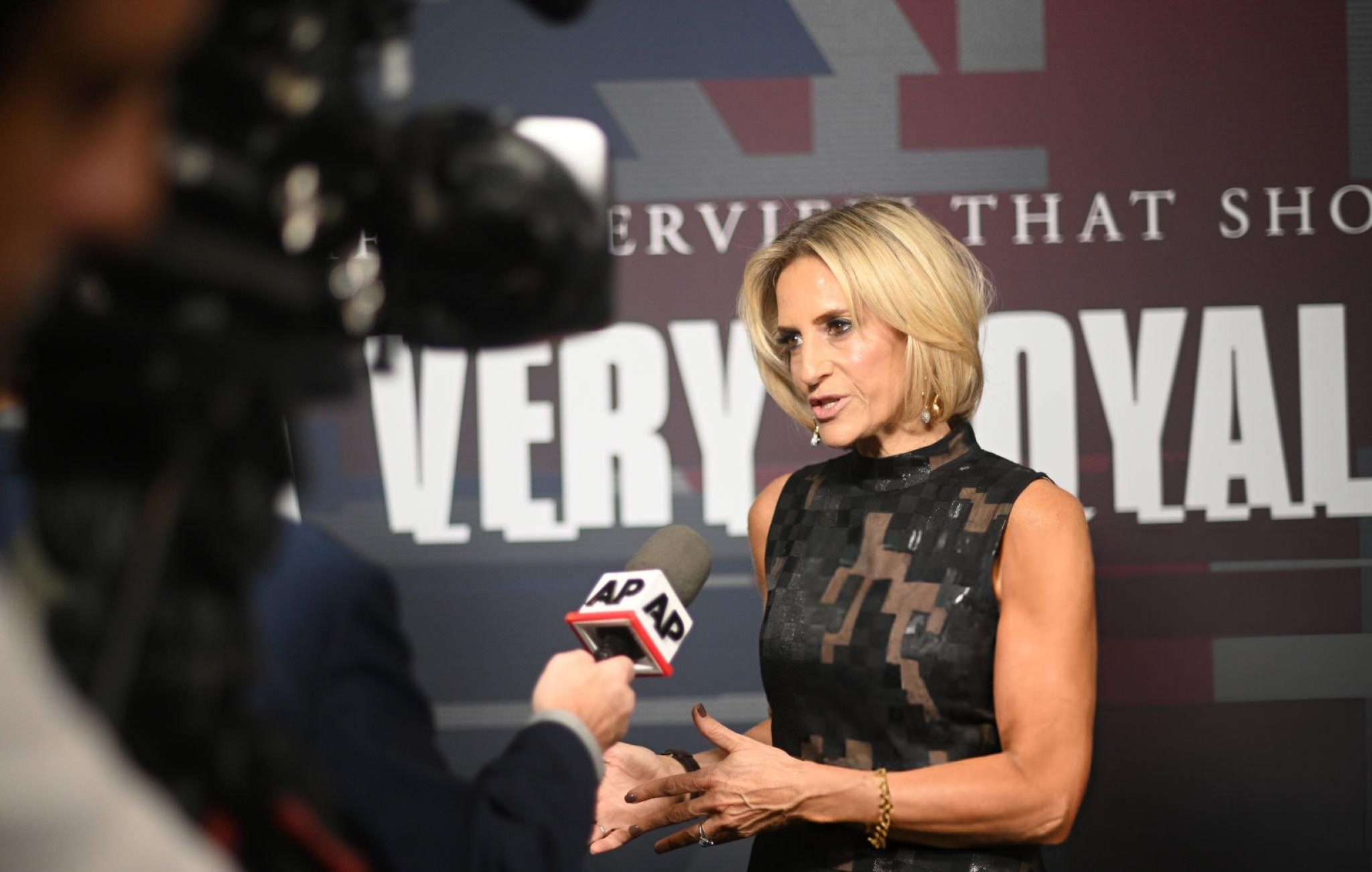Yesterday’s fiery exchange between Emily Maitlis and Rupert Lowe was nothing short of a clash between two very different worlds. On one side, Rupert Lowe, a 67-year-old with roots in Great Yarmouth—not the posh Norfolk frequented by London’s metropolitan elite—and on the other, Emily Maitlis, the bronzed face of the BBC’s liberal establishment. What followed was an extraordinary spectacle of political and cultural confrontation.
Maitlis launched a blistering attack on Lowe for raising the issue of Pakistani grooming gangs. She accused him of obsessing over the ethnicity of the perpetrators, suggesting his concerns stemmed from racism and a refusal to acknowledge that there are white offenders too. Time and again, she pressed him with the pointed question, echoing Cathy Newman’s infamous interview style, “Do you believe there are too many Muslims in this country?”
The spat intensified as Maitlis challenged Lowe’s crowdfunded inquiry into Pakistani grooming gangs, implying he was profiteering from the campaign. Lowe was quick to deny this, pointing out that he had personally contributed financially to the effort. Maitlis also seized on a tweet from Lowe about illegal migrants, claiming he wanted to “cause pain and suffering” by suggesting they be left on an island infested with midges. Lowe struggled to explain himself amid repeated interruptions, clarifying that his stance was one of zero tolerance towards illegal immigration rather than cruelty.
A striking moment came when Maitlis demanded Lowe confirm that “all grooming is bad.” Lowe agreed immediately, adding that all rape and child exploitation was reprehensible. The implication was clear—did Maitlis really think he would say anything else?
What was remarkable about the interview was Maitlis’s palpable anger. Her tone was venomous, almost viscerally contemptuous, resembling the indignation she has shown over Brexit or Donald Trump. Yet, Rupert Lowe did not back down. He delivered some sharp home truths, telling Maitlis, “You don’t have illegal migrants living next to you, Emily, because you live somewhere that probably doesn’t have them. Go and live next to these people and have them ogling your children.”
For many viewers, this was a moment to cheer Lowe’s straightforwardness. It wasn’t just the personal nature of Maitlis’s attack that jarred; it was the wider divide the confrontation revealed. Maitlis epitomises the metropolitan elite—a political caste distanced from the everyday realities faced by socially deprived communities. Lowe, whether you agree with him or not, speaks for constituencies grappling with harsh social issues that the liberal class often ignores or dismisses.
This disconnect is why figures like Maitlis and Labour’s Lucy Powell, who dismiss the discussion of grooming gangs as “dog whistle” politics, provoke such strong reactions. They live in insulated bubbles, unlikely ever to confront the vulnerabilities of white, poor children exploited by sexual predators, shielded as they are by class and geography.
The real scandal of the grooming gang issue lies not just in the horrific abuses carried out by largely Pakistani groups on vulnerable white girls, often in care, but also in the failure of social services and police to act—fearing accusations of racism. Rupert Lowe’s crowdfunded inquiry is an attempt to force the Government’s hand into launching a full, official investigation—a move the Government has so far refused.
Andrew Norfolk, the Times reporter who first exposed the Rotherham abuse scandal, has expressed unease over the politicisation of the issue by right-wing groups. Yet, for years, only the far right took the problem seriously, while mainstream media shied away. Norfolk himself was accused of racism for his reporting. Earlier this year, he said the root causes of the scandal, including cultural and religious factors like cousin marriage and ethnicity, remain unexplored—likely because society is unwilling to confront uncomfortable truths.
There is little doubt that child exploitation gangs are a widespread problem, one that has probably worsened since Norfolk’s 2011 report titled “Conspiracy of Silence on UK Sex Gangs”. Abuse crosses all ethnic and class lines, mostly within families. But the uncomfortable reality is that some organised grooming gangs carry an ethnic and religious dimension, which seems to deter social agencies and police from acting robustly for fear of accusations.
What about London, too? Are authorities asking the right questions there?
A public inquiry is urgently needed, alongside proactive measures in towns like Bradford and Blackpool, where similar problems have been reported. The spat between Emily Maitlis and Rupert Lowe offers a glimpse of why progress has stalled—the clash of perspectives between a metropolitan elite unwilling to engage with these harsh realities, and those on the ground demanding accountability and action.






